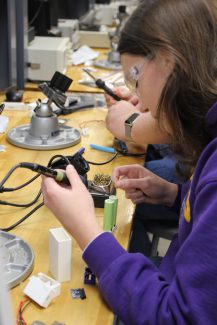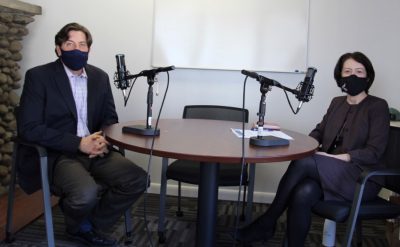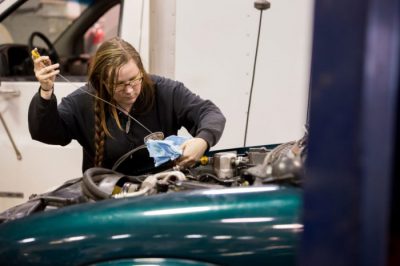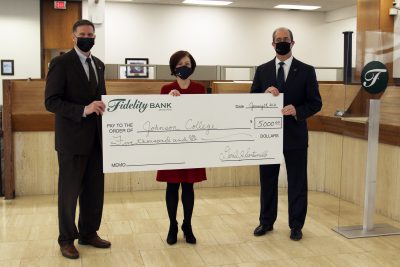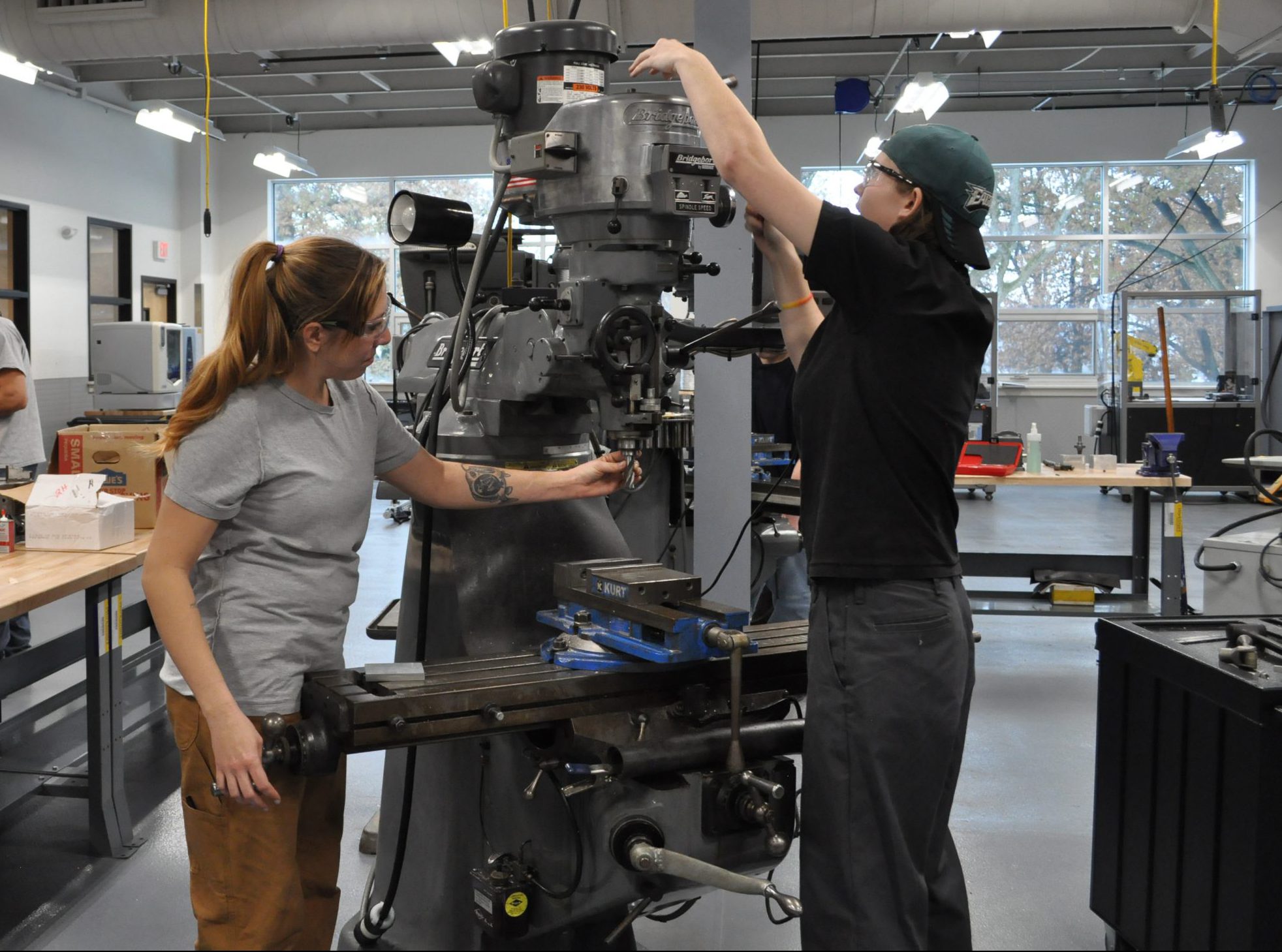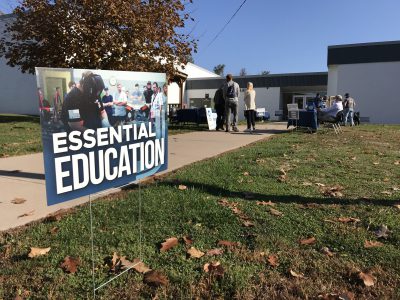Johnson College is offering a free eight-week College Readiness for STEM Occupations program for teenagers ages 14 to 18 years old, from low-income families, who live in Lackawanna County. The program starts Wednesday, April 21, 2021, and continues every Wednesday and Thursday from 3:30 p.m. to 5:30 p.m. for eight-weeks. The program includes dinner for students and transportation between Scranton High School and the Johnson College campus if needed. For eligibility requirements and to register, contact Dr. Kellyn Williams, Johnson College’s Chief Academic Officer at knolan@johnson.edu or 570-702-8940. This program is supported by a grant from the Temporary Assistance for Needy Families program.
The College Readiness for STEM Occupations program includes presentations and hands-on discovery activities designed to increase awareness of career opportunities in the STEM workforce and to improve college-readiness skills. Participants are evaluated throughout the program based on attendance and discussion. The program will:
- Increase awareness of STEM-related occupations.
- Increase awareness of two-year options for post-secondary education.
- Designed for all students, not just those who will pursue post-secondary education or careers in STEM or STEM-related fields.
- Develop skills necessary for success in college and career.
- Increase student potential for academic and personal success through knowledge of campus resources.
Students who complete the program with at least 80% attendance will receive college credit (a $550 value). To qualify for the college credit, students will be required to sign-in at each session to verify attendance.

